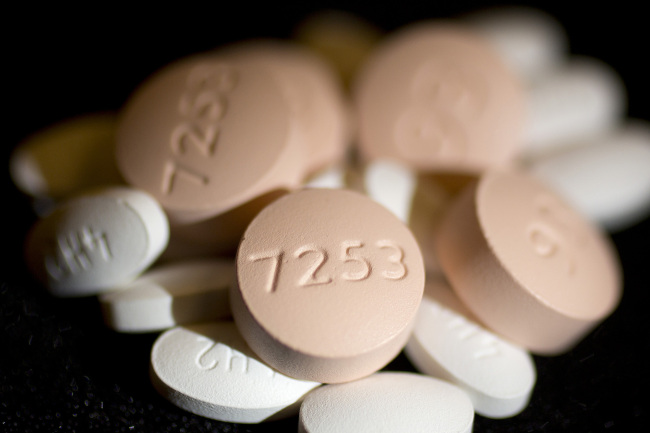Scientists have discovered gene mutations that give people naturally lower cholesterol levels and cut their risk of heart disease in half.
That discovery may have a big implication: A blockbuster drug that mimics these mutations has long been sold without evidence that it cuts the chance of heart disease. Results of a large study that looked for that evidence will be revealed on Monday.
The drug is Merck & Co.’s Zetia, also sold in combination with another medicine as Vytorin.
When Zetia was designed, scientists knew how it worked to lower LDL, or bad cholesterol, and it won federal approval based on its ability to do that. But the existence of gene mutations that could do the same thing was not known, nor was it known if lowering cholesterol this way would translate to a lower risk of heart problems.
The new research gives a biological basis to suggest the drug could help.
Researchers found that people with mutations in a gene called NPC1L1 had LDL that was lower on average than others without a mutation. That is similar to how much Zetia lowers LDL.
The bigger finding was that the gene mutations lowered the risk of heart disease by 53 percent.
 |
| A heart drug that mimics gene mutations and has long been sold without evidence that it cuts the chance of heart disease, has been shown to be effective in recent gene studies. (Yonhap) |
“It’s a stunner,” said Dr. Eric Topol, director of the Scripps Translational Science Institute in California. “We’re learning more and more about protective mutations,” and the effect these had on heart disease risk was far greater than the degree to which they lowered cholesterol, he said.
Topol had no role in the study, which was led by researchers from the Washington University School of Medicine in St. Louis, the Broad Institute at the Massachusetts Institute of Technology and Harvard, and other institutions. Results were published online Wednesday by the New England Journal of Medicine.
The work was mostly funded by the National Institutes of Health. Researchers pooled results of studies that involved a total of 113,000 people around the world. The relevant mutations were rare, with an estimated one in 650 people carrying one.
Researchers warn that the results don’t mean Zetia will have the same good effects. Taking a drug in adulthood is not the same as having beneficial genes at work from birth.
Still, the result does arouse interest in Zetia’s approach, Topol said. The gene mutations show “nature’s way of protecting against heart disease. We got a major lesson here.”
The study on Zetia’s impact on heart disease risk will be presented Monday at an American Heart Association conference in Chicago. (AP)



